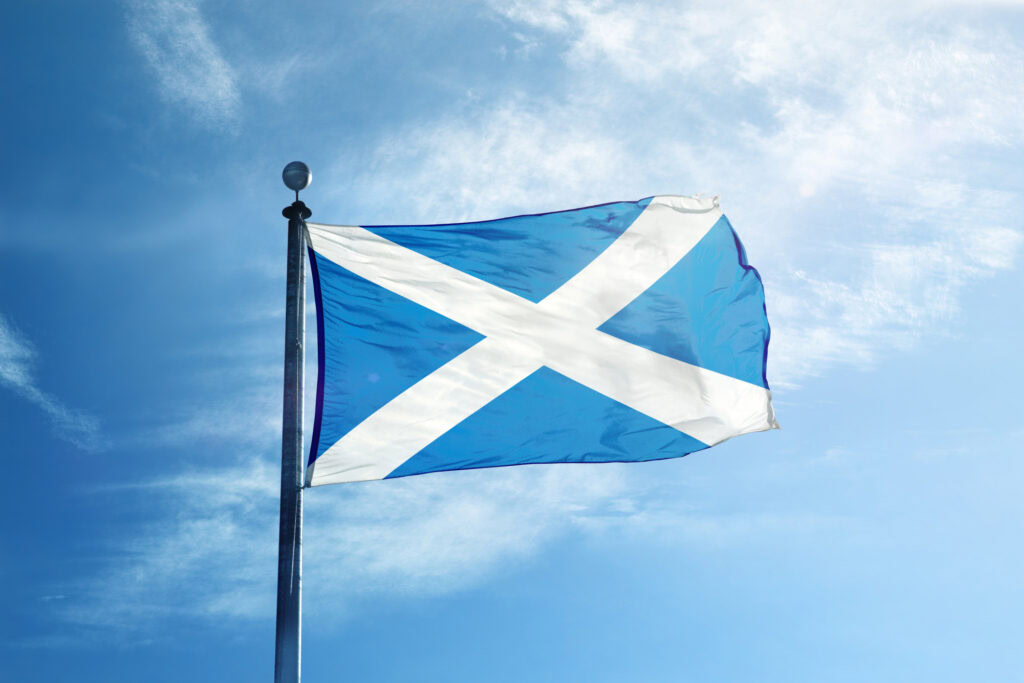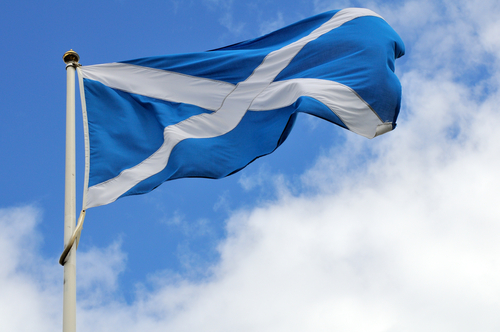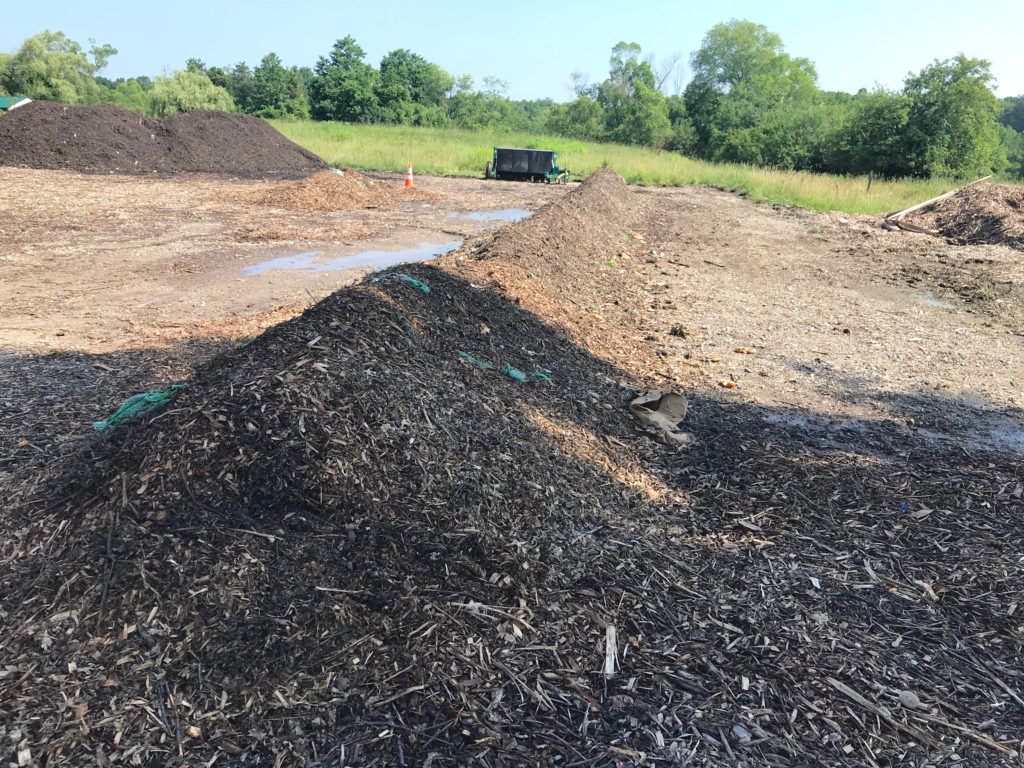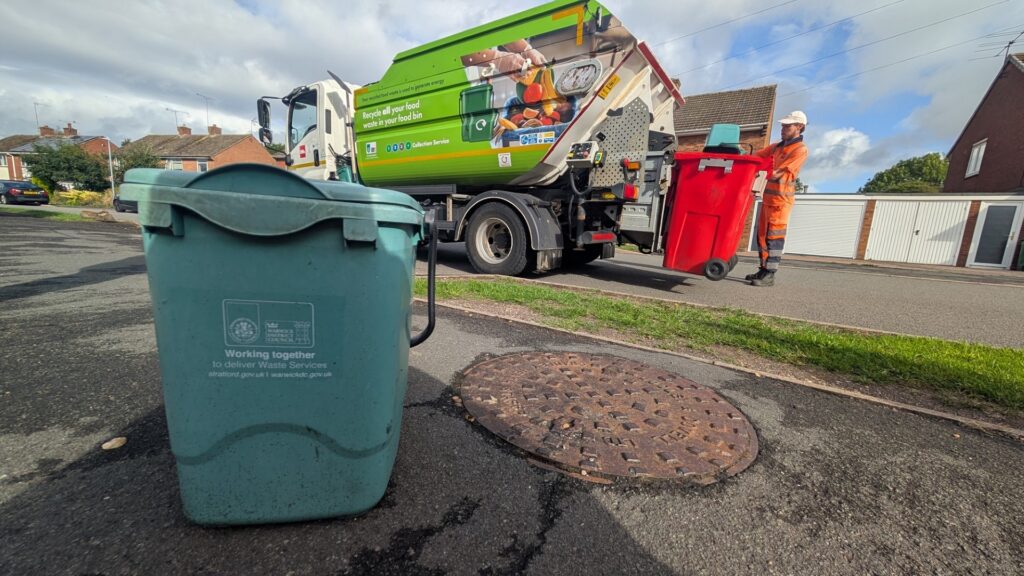The legislation will still apply from 1 January 2026 and will include mixed waste and separately collected waste from households.
According to a temporary Regulatory Position Statement issued this morning, SEPA will not enforce the ban as long as the following conditions are met:
- Waste producers and managers who intend to transfer Biodegradable Municipal Waste (BMW) waste to a landfill operator for disposal in the landfill must notify SEPA in writing using the BMW Ban – Notification Form
- Confirmation of satisfactory receipt of the notification must be received from SEPA before the transfer of BMW waste can take place
- Where confirmation of satisfactory receipt of the notification has been issued by SEPA, this must be provided by the waste producer or manager to the landfill operator as evidence that the waste can be accepted for disposal in the landfill
- The notification will apply for a maximum of six months from the date of notification
Explaining the move, the regulator noted that it does not expect that all “required treatment capacity and logistics will be in place by the end of this year”, but that additional Energy from Waste (EfW) capacity will come online between 2026 and 2027.
The ban was first proposed in 2005 to come into effect in 2021 but was delayed to 2025 during the COVID-19 pandemic.
It includes paper and cardboard, glass, metals, plastics, bio-waste, wood, textiles, packaging, waste electrical and electronic equipment, waste batteries and accumulators.
It will also ban bulky waste such as mattresses and furniture, mixed waste and separately collected waste from sources other than households, where such waste is “similar in nature and composition to waste from households”.
Concerns around long-distance haulage
Industry experts warned in June that the ban would result in waste being transported to England for landfilling or EfW purposes – due to a lack of capacity for incineration in Scotland.
An investigation revealed that over 100 truckloads of waste could be sent over the border a day, with each load taking between one to three days to reach its final destination.
Speaking about the enforcement decision, SEPA added: “This approach is intended to maintain environmental protection and minimise whole-system greenhouse gas emissions during the current capacity gap – for example by avoiding long-distance haulage or export.”
Scottish landfill rates
Yesterday (28 October 2025), SEPA reported that Scotland recorded its lowest level of household waste sent to landfill in 2024.
254,000 tonnes of household waste were landfilled last year, a decrease of 37.7% on 2034 levels.
Since 2011, the landfill rate has fallen by 82.5%, going from 120,000 tonnes diverted to just over one million tonnes diverted in 2024.
SEPA said this marks the lowest amount of household waste landfilled in the current time series.
With landfill tonnages falling, the majority of diverted household waste was instead managed through incineration, which accounted for 853,000 tonnes in 2024 – 82.3% of all waste diverted from landfill.
This marks an increase of 107,000 tonnes compared with 2023, when 746,000 tonnes were incinerated.
Almost half of all waste from Scottish households continues to be disposed of either through landfill or incineration rather than recycled.










Subscribe for free